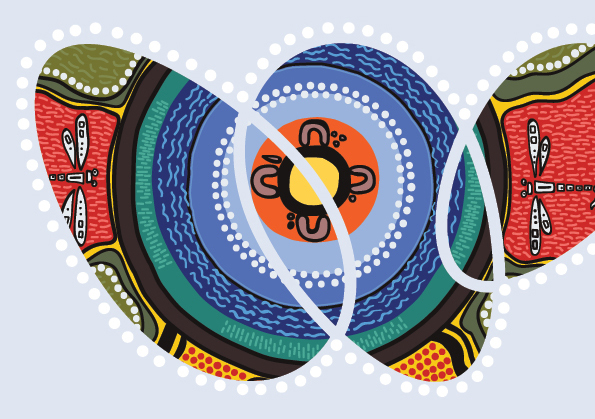What is the project about?
Associate Professor Kimberley Haines was recently awarded a NHMRC Investigator Grant, Emerging Leader Level 1, 2022-2027 via the Department of Critical Care, The University of Melbourne. Her research program for the next 5 years will be titled: “Co-Designing Critical Care Recovery”. Kimberley will be conducting her research at Western Health, where she is the Physiotherapy Research Lead, as well as other MACH hospitals.
Poor patient and family outcomes following critical illness is costly and a growing public health burden in Australia and internationally, exacerbated by the COVID19 global pandemic. In Australia, these survivors are denied a formal support network or any specific critical care follow-up post-hospital discharge. Further, returning to a major metropolitan health service presents a major impediment to accessing care and participation in interventional research.
Peer support is a low-cost intervention that accesses the rich and under-utilised healthcare resource of patients and their families to support each other to recover. Peer support may reduce disability by enhancing the social support available to survivors and has proven efficacy in comparable patient populations to critical care, but limited research into peer support exists in the field of critical care.
The unifying hypothesis of this proposal is that peer support delivered via telerehabilitation, will reduce the burden of disability, improve psychological outcomes, and quality of life. This research will occur across two distinct phases. In the first phase – two novel telerehabilitation interventions will be developed: 1. Therapist-led Web-based Peer Support Program and 2. Self-Directed Mobile App Peer Support Program. Experience-Based Co-Design, a novel service improvement methodology where survivors are central in the design process, will be used to develop these interventions.
In the second phase – a Phase II randomised controlled trial (RCT) will test the efficacy and cost-effectiveness of these interventions to improve patient and family outcomes, irrespective of distance to a major metropolitan health service.
Who is involved in the project?
A/Prof Haines will be continuing to build her research team and plans to continue her existing interprofessional collaborations at Western Health with the icuRESOLVE project team including Nina Leggett (current PhD student), Elizabeth Hibbert (Masters by Research student), Sam Bates, Craig French, KJ Farley, Jacki Carmody, Sarah Booth, Erin Bicknell. A/Prof Haines will also be working on this program of research with her mentor, A/Prof Adam Deane and collaborator Dr Yasmine Ali-Abdelhamid (Melbourne Health, Department of Critical Care, The University of Melbourne), Professor Richard Sinnott (Melbourne School of Engineering, The University of Melbourne), and Dr An Duy Tran (Methods and Implementation Support for Clinical and Health research Hub).
What are the anticipated outcomes of the project?
This research program has potential to improve ICU survivorship and reduce inequity in access to ICU recovery programs across Australia, with global impact.
Photo: Justin McManus/The Age.
